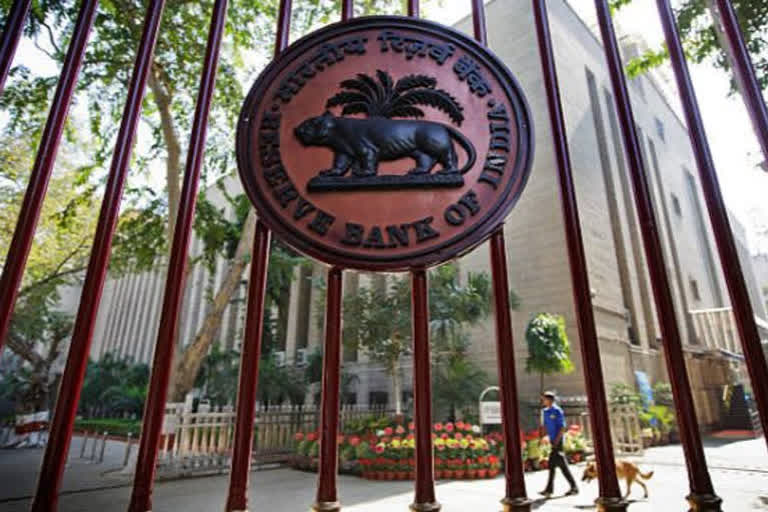Mumbai: The Reserve Bank of India board on Friday approved a dividend payout of Rs 57,128 crore to the government, a move in line with the Budget expectation but may not help plug a huge revenue hole created by the pandemic and slowing economy.
The surplus transfer of Rs 57,128 crore for the accounting year 2019-20 compared with Rs 1.76 lakh crore transferred last year, which included Rs 1.23 lakh crore as dividend and Rs 52,637 crore excess provisions identified as per the revised Economic Capital Framework (ECF).
In a statement, the RBI said its central board headed by Governor Shaktikanta Das "reviewed the current economic situation, continued global and domestic challenges and the monetary, regulatory, and other measures taken by RBI to mitigate the economic impact of COVID-19 pandemic".
"The Board also approved the transfer of Rs 57,128 crore as surplus to the Central Government for the accounting year 2019-20, while deciding to maintain the Contingency Risk Buffer at 5.5 per cent," it said.
Finance Minister Nirmala Sitharaman in the budget for 2020-21 had provisioned receipt of Rs 60,000 crore in dividend from the RBI and other banks to bridge the fiscal deficit. But, government officials had expected more from the Reserve Bank of India (RBI).
The government is facing a larger-than-expected shortfall in revenue as the economy heads for its first full-year contraction since 1979. With the COVID-19 pandemic disrupting businesses, it is widely speculated that tax collections will miss the target.
At the same time, the government is being forced to spend more to cushion the blow from the pandemic, straining the budget deficit.
